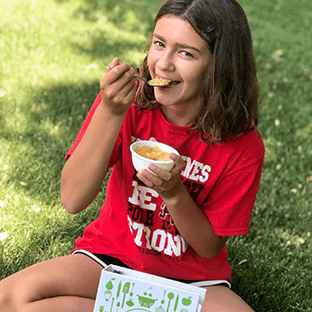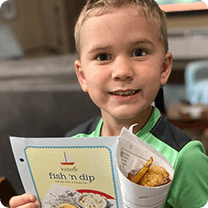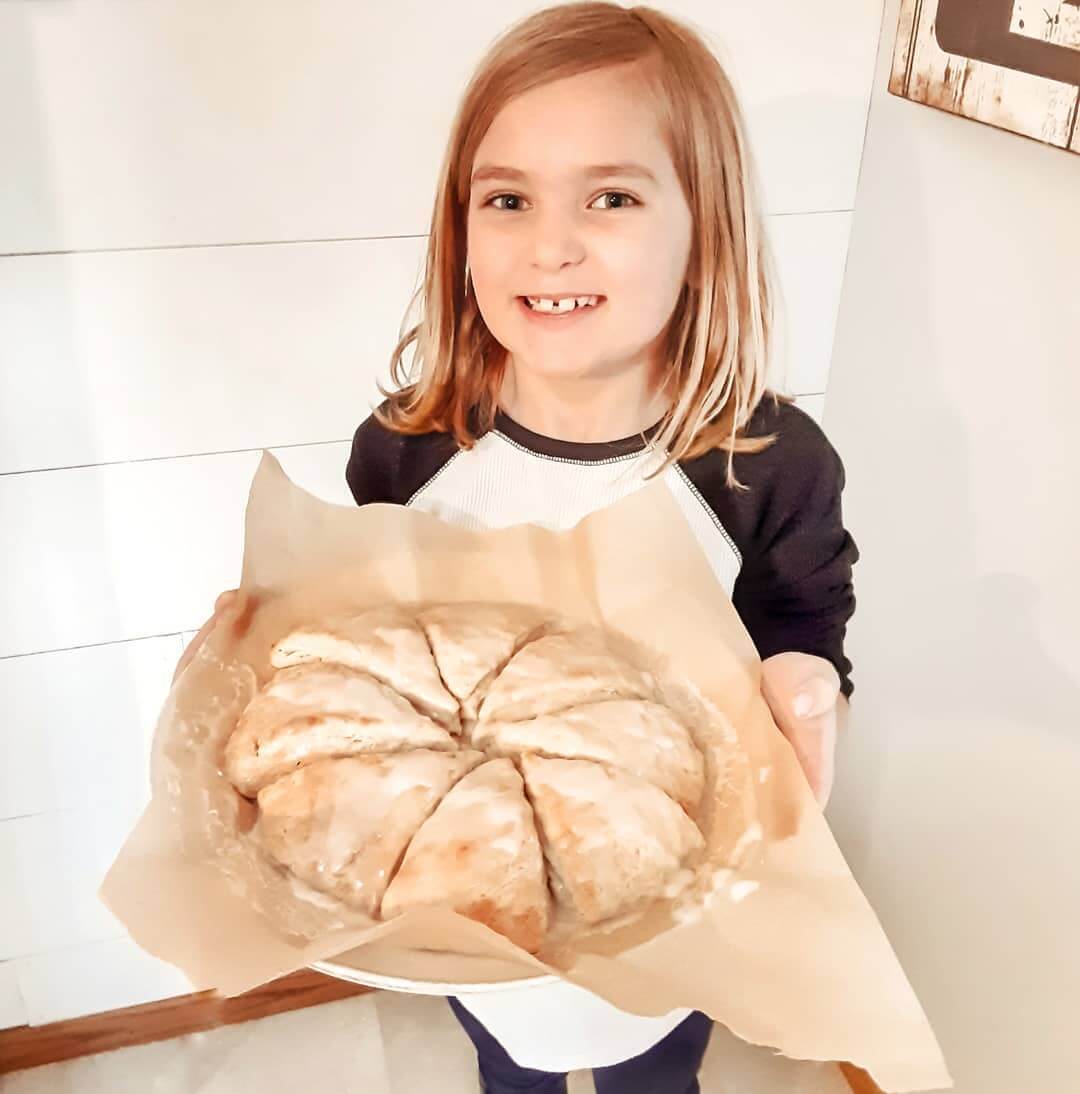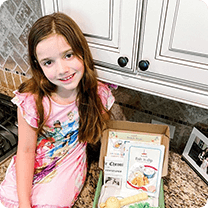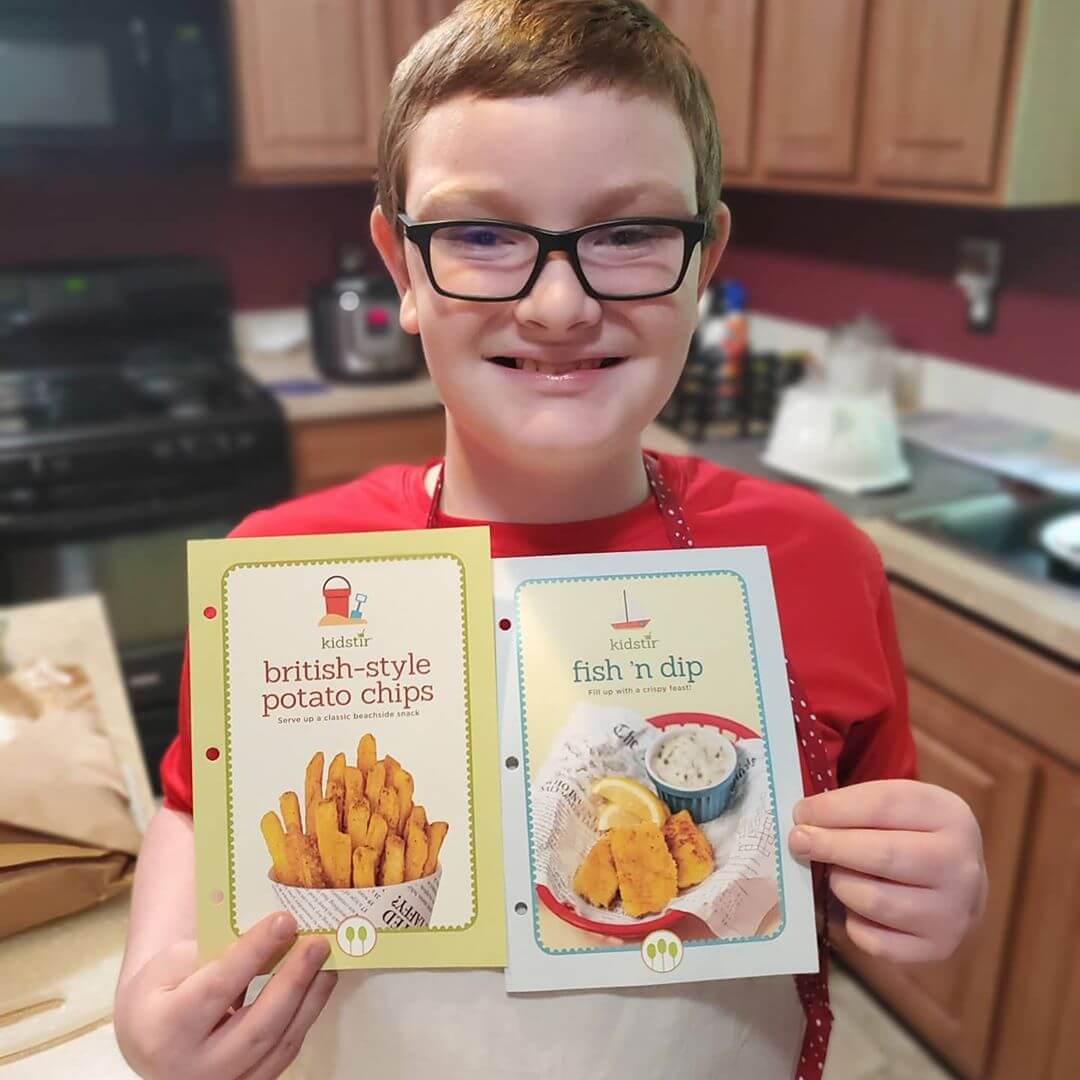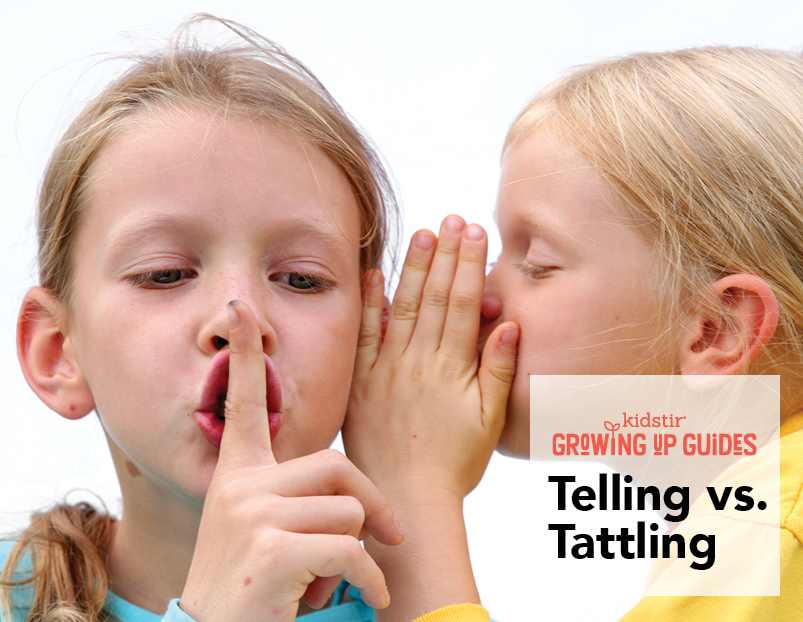
Starting around preschool, you might notice that an official member of The Rule Police has suddenly joined your family. These tiny people have an uncanny knack for spotting—and reporting—every act of wrongdoing within a 100-yard radius. If something amiss happened, you know you’ll hear about it. With younger kids, tattling is actually really normal. Kids this age are extremely literal: They understand there are rules and those rules are not supposed to be broken. Period. That’s an important early life skill.
As kids get older though, their motivation for tattling may start to evolve. Yes, their sense of moral duty may be compelling them, but school-age kids may also be trying to one-up a sibling, get some attention, or test the boundaries. When you’re sure that the report in question doesn’t involve an actual serious issue, you can try some of these tips to redirect the unwanted behavior:
Ask him why he’s sharing this information with you. What does he hope will happen now that you know? This conversation can help him begin to understand his motivation. You can then ask him to think about how he would feel if his sibling told on him for the same thing. Just this little prompt can help kids understand how hurtful tattling can be and help them develop deeper empathy.
Avoid rewarding the tattler by punishing the “wrongdoer.” This will only reinforce the behavior you’re trying to stop. It also deprives the kids of the opportunity to learn how to work out their own problems. Instead, offer to help him figure out an alternative. Tattling isn’t going to solve the issue, but what else might? If it’s a case of not sharing a toy, for instance, you can suggest that he ask for another turn or just find something else to do for a little while. If it clearly seems like a bid for attention, you might say, “I’m happy to talk about anything else you’d like except what your brother is doing right now.”
Make him work for it. For your repeat offenders, you might ask them to draw a picture or write a paragraph about the situation for you to look at later. Chances are, he’ll move on pretty quickly!
These strategies reinforce something else: That you will always listen to what kids have to say. That’s crucial because you do want kids to know you’ll be there when the situation is in fact dangerous. Here’s a little cheat sheet to help them remember the difference between telling and tattling:
Tattling gets someone IN trouble. The problem is kid-sized.
Telling gets someone OUT of trouble and/or keeps them safe. Grown-up help is definitely required.
Need more help? Read Helping Siblings Get Along, which includes a printable Peace Pact for your kids to sign!



